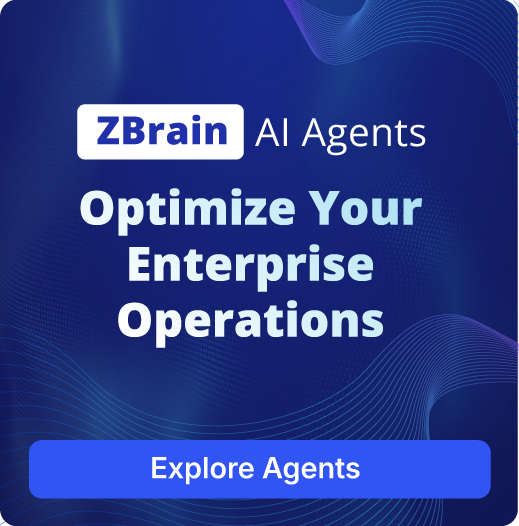Optimize Your Meetings with ZBrain AI Agents for Meeting Preparation
ZBrain AI Agents for Meeting Preparation are designed to enhance the efficiency and effectiveness of your meetings by automating and streamlining various preparatory tasks. These AI agents handle Agenda Setting, Participant Coordination, Pre-Meeting Research, and Resource Collection tasks. By automating these tasks, ZBrain AI agents ensure that your meetings are well-organized and participants are well-prepared. With ZBrain’s AI capabilities, you can focus on critical decision-making rather than getting bogged down by the logistical details of meeting preparation. The comprehensive utility of ZBrain AI Agents for Meeting Preparation extends to gathering and analyzing relevant documents and data before meetings, ensuring all necessary resources are readily available. The agents also facilitate seamless communication and coordination with participants, sending automatic reminders and managing RSVPs to ensure that meetings start on time with full attendance. By handling these essential sub-processes efficiently, ZBrain AI agents contribute to more productive and focused meeting environments, helping teams to achieve their objectives effectively.


